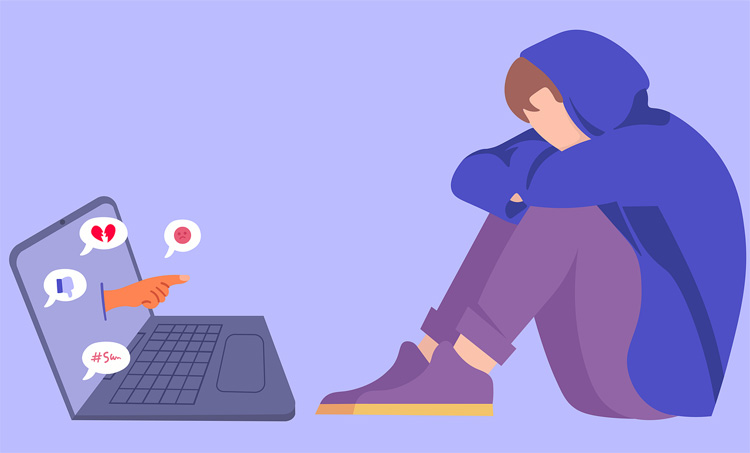![]()
Life in the country is idyllic, particularly if you live in the Welsh countryside away from the hustle and bustle of a major city. However, for all the wonders of rural life, the majority of us can’t escape the pull of modernity. Specifically, we’re talking about the Internet.
Although the 2020 Connected Nations report showed that only 19% of residential properties in Wales had access to full-fibre broadband, 94% of the Welsh population was able to access “superfast” connections. Naturally, almost all of the 6% that can’t access “superfast” connection speeds live in remote parts of the country. But, overall, Wales is a digitally connected nation.
Country Life Goes Digital
That means country life has been supplemented by the ability to exist in the digital world. There are clearly a plethora of positives to having access to the Internet. We can communicate with loved ones, watch our favourite shows, buy groceries and educate ourselves via the Internet. Then, when you throw social media networks like Facebook and Twitter into the mix, you also have a convenient way of monitoring current events. All of these things are great. They enrich our lives, they make previously tricky or impossible tasks possible, and they create a virtual space where anyone can thrive.
However, for all the benefits of the Internet, there are some obvious negatives. Data protection and privacy are ongoing issues. Another, more recent problem, is cyberbullying, as elaborated in ExpressVPN’s Post with Privacy infographic. Attacks range in severity from name-calling to more serious matters such as doxing, which involves publishing a victim’s personal details on a public forum. The threats are clear, but how do you protect yourself and others from online bullies? The Post with Privacy guide offers the following advice:
- Don’t tag your location or don’t tag it until you’ve left.
- Limit who can see sensitive information or personal posts.
- Don’t allow people to tag you as it opens you up to attacks from those you don’t know.
- Use comment filters on social media sites to prohibit people from using malicious words.
Unfortunately, cyberbullying is now considered just as important an issue as physical bullying, online attacks are on the up. According to the Office for National Statistics, 19% of children aged 10 to 15 in England and Wales experienced at least one type of online bullying in 2020. Of those being bullied online, 72% are also subject to abuse at school. Thus, there is a clear link between bullying in the physical world and online.
Anyone Can Be a Victim

However, it doesn’t stop at children. Adults are also subject to attacks on the Internet. In support of this, we can refer to a study cited by Psychology Today: “How Common Is Cyberbullying Among Adults? Exploring Gender, Ethnic, and Age Differences in the Prevalence of Cyberbullying” for evidence of this. The researchers behind the study found that young adults (18-25) experienced the highest levels of cyberbullying.
Evidently, the Internet is a double-edged sword that has the potential to both bring people together in a positive way and tear people apart when misused with cruel intentions. Within this article, we’ve outlined just a few ways to stay safe online and avoid being bullied. Beyond these tips, a general awareness of the dangers out there is useful. You wouldn’t associate with people you don’t like in real life, so don’t interact with them online. The Internet has given us a supplement to country life but we should treat it carefully because there are a small number of people that can spoil it for the rest of us.


